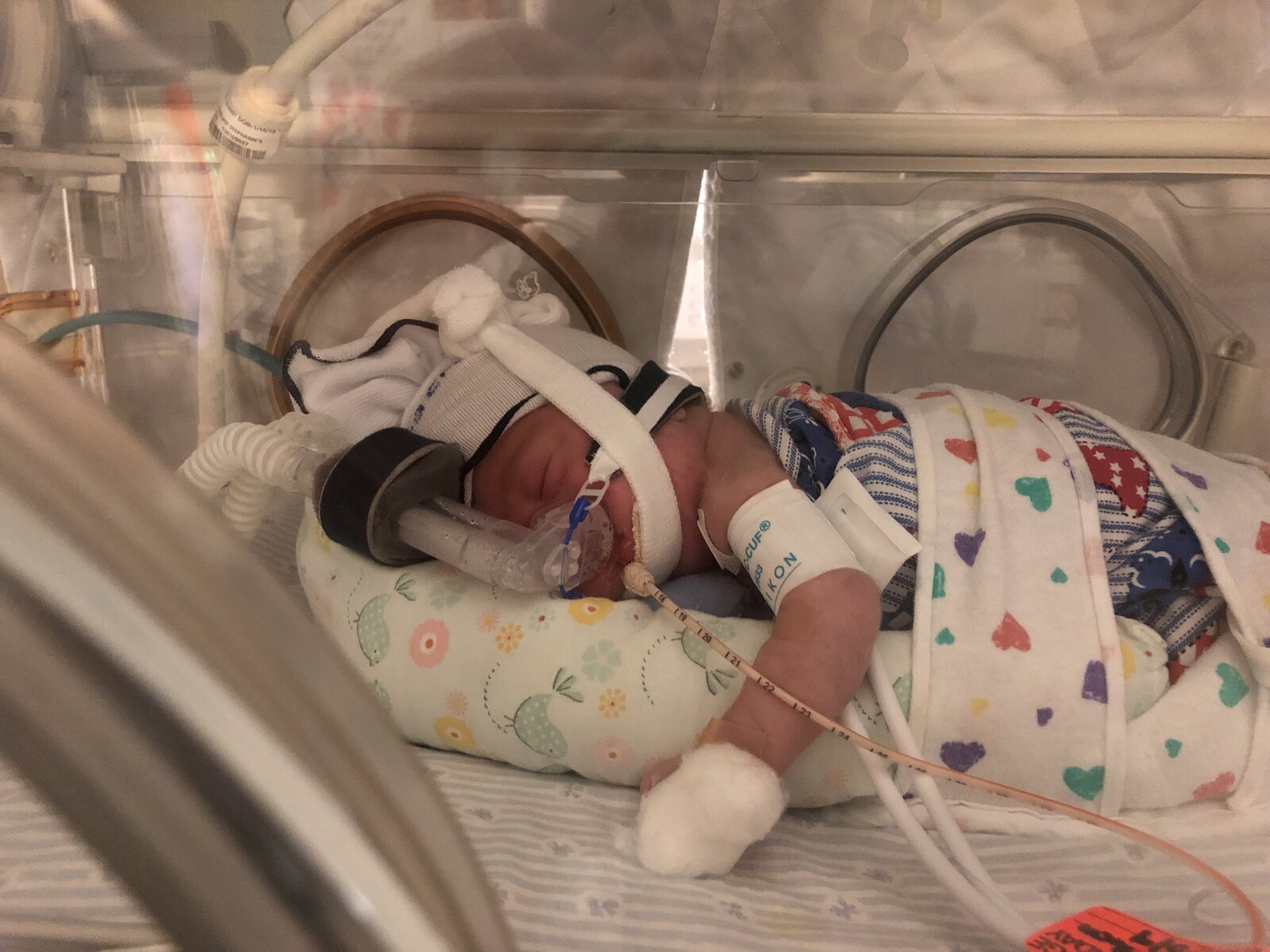There’s broad agreement at the state capitol that more needs to be done to help Colorado’s homeless and mentally ill. There’s also agreement that southeastern Colorado could use some economic development.
But a proposal by Governor John Hickenlooper to do both in one project isn’t getting much traction. CPR Health Reporter Eric Whitney looks at the effort to turn scores of empty buildings at Fort Lyon into a rehabilitation center for the homeless.
CPR Health Reporter Eric Whitney: On a sunny winter morning in downtown Colorado Springs, a couple of dozen people hang out around the Marian House soup kitchen. They look tired and cold. Some push shopping carts, many carry sleeping bags. Cast off people in thick layers of castoff clothes.
Jack Simms is one of them. He says he’s been homeless off and on since 2003, when a childhood back injury flared up and he couldn’t work his restaurant job anymore.
Simms: And that’s what happened to me, I couldn’t get the pain pills I needed for my back, and it just spiraled from there. I went bankrupt, sold everything I had to stay alive, because I couldn’t get help through the government, denied social security, blah blah blah.
Reporter: Simms is 46, but looks much older, with white hair and a nicotine stained moustache. He says he was once diagnosed with PTSD and has tried unsuccessfully to get help for depression. Simms says he smokes pot to deal with the anxiety he feels around other people. But he says others on the streets have it a lot worse than he does.
Simms: Y’know, I’ve really been hardcore on the streets for a couple years now, and I see it, man. They need to open some beds somewhere, at a mental health facility or something, I mean, I can survive out here, these mentally ill people, I mean, it’s rough for 'em. Unless they got somebody holding their hand, guiding them, y’know to the Marian House, they just walk these paths. They just walk up and down the paths, man. They look like zombies. I feel bad for them.
Reporter: Governor Hickenlooper’s plan would target those very people - chronically homeless and mentally ill. He wants to re-purpose the former veterans hospital at Ft. Lyon that’s currently sitting vacant in remote Bent County, on the plains 85 miles east of Pueblo. His chief of staff, Roxane White is leading the effort.
White: When we look at Ft Lyon, is it the most cost-effective place to go? It is much more cost effective than anything we can do on any of our other campuses.
Reporter: That’s White testifying before a legislative committee earlier this month. A mostly skeptical legislative committee. Arapahoe County Senator David Balmer is on it.
Balmer: Please spend the money on homeless in Colorado, where the homeless are, which is not in Bent County, they’re not living in Bent County, they’re living in the metro area. You talked about mental health services, vocational services, substance abuse treatment, all of that is here in the metro area.
Reporter: Roxane White says those services can be offered in Bent County, too, if the state houses the 300 people it is aiming to serve at Fort Lyon.
White: One of the reasons the costs get driven so high is that communities will take five or six people, and ask you to build another facility for five or six people, and another facility for five or six people, and you all know from your experience the development costs that go into small facilities being built over and over and over again. We don’t have another community that’s raising it’s hand that says, we’ll take 300 people.
Reporter: Bent County would be happy to take 300 people, even homeless people who are struggling with mental illness and addiction issues. That much is obvious from spending a little time in Las Animas, the county seat. It’s just six miles down the road from the sprawling Ft Lyon campus.
EW: This is the stoplight in town?
Kathleen Tomlin: The one and only.
Reporter: Kathleen Tomlin used to work at Ft Lyon when it was a veteran’s psychiatric hospital. Las Animas was a company town back then, and thrived, thanks to the more than 500 paychecks Ft. Lyon provided.
Tomlin: When we were in high school you would cruise sixth street, this is sixth street, every building had a business in it. Now, most of them are empty. It’s just really, really sad.
Reporter: Most recently, Ft. Lyon operated as a prison, until the state closed it in 2011. The complex has a long history, starting out as a frontier outpost that pre-dates the Civil War. It was a military tuberculosis hospital for a while, but mostly operated as a residential psychiatric facility for veterans.
The huge campus is dominated by several three-story red brick buildings, across a broad parade ground, a couple of long streets are lined with enough old staff housing to give the place the feel of a small town. Giving a tour, Tomlin remembers it as a vibrant place where the families of staff who took care of the veterans played baseball and swam in the outdoor pool.
EW: So hundreds of people lived out here?
Tomlin: Oh yeah, yeah. This is officer’s row, and the officers would have the best houses on the front, two families in each home, because they’re huge.
EW: Greenhouses.
Tomlin: Had a greenhouse, great big greenhouse, and that employed a lot of the veterans. They loved working with the plants. You know, they were troubled, and this was a good place because it was soothing, it was relaxing, it wasn’t like a big city, metro area They loved it and they would get attached. And some of them still see me and they say, oh, I miss Ft Lyon.
Reporter: Tomlin’s memories echo the vision Governor Hickenlooper has for Ft. Lyon’s future, albeit on a much smaller scale. His proposal would only generate about 30 to 45 jobs. His chief of staff Roxane White says it would cost about seven million dollars to run Ft Lyon for two years, and that the state already has five million dollars from a legal settlement with mortgage lenders that it could use.
White: And then we are asking the legislature to consider appropriating additional dollars.
Reporter: So far state lawmakers studying the issue seem pretty reluctant to fund the Governor’s proposal. Beyond their skepticism that providing the poor a quiet retreat to sober up and get back on their feet would actually work, they worry how much it will cost to maintain a facility as old as Ft Lyon. And they point out that the Governor has not yet identified any funding to run Ft. Lyon for more than two years.
Some also question whether people living on the streets in Colorado’s cities would be willing to relocate to someplace as far away as Bent County. Leaders who work with the homeless are convinced plenty of them would take that opportunity. And Jack Simms, the homeless guy we talked to in Colorado Springs? He’s sold.
Simms: That sounds great. That would help a lot of people. As long as people get in there and get diagnosed and get the help they need, I’m all for it.
EW: Would you sign up for it?
Simms: I’d be a gineua pig. I’d try it out. Cuz I’m not doing anything now, know what I mean? I just feel like I’m spinning my wheels now. If I had a place to stay, and I could get the help I needed, sure, I’d go.
Reporter: Whether people like Simms will get a chance to try recovering from homelessness at Ft. Lyon is up to the legislature’s Joint Budget Committee at this point. It’s their call whether to include it in the state budget bill that’ll be voted on in April.









